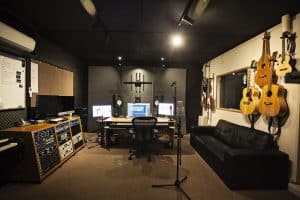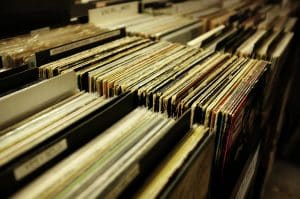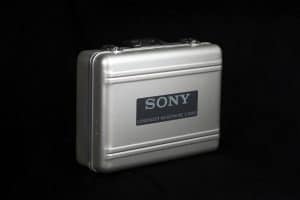Vocal Doubling is a recording studio technique where a singer sings or along with their own prerecorded performance, usually to produce a stronger or “bigger” sound than can be obtained with a single voice. It is a form of overdubbing; the distinction comes from the doubling of a part, as opposed to recording a different part to go with the first. The effect can be further enhanced by panning one of the performances hard left and the other hard right in the stereo field. This is a technique utilised in our recording studio Crash Symphony Productions.
Recording Studio: Vocal Doubling Disney
The first cited use of the process was pioneered by Walt Disney in 1950’s Cinderella. When Ilene Woods had completed recording “Sing Sweet Nightingale”, Disney listened and asked her if she could sing harmony with herself. She was apprehensive about the idea, as it was unheard of, though she ended up singing the double recording, including second and third part harmonies. Patti Page also made use of the technique, soon after in recording studio session.
Artificial or automatic double tracking, also known as ADT, was developed at Abbey Road Recording Studio by engineers recording The Beatles in the 1960s. It used variable speed tape recorders connected in such a way as to mimic the effect created by double tracking. ADT produced a unique sound which could be imitated but not precisely duplicated by later analog and digital delay devices, which are capable of producing an effect called doubling echo.
Recording Studio: Vocal John Lennon
John Lennon, who particularly enjoyed using the technique for his vocals while in the Beatles, also referred to his home recording studio overdubbing technique as “double tracking”, but this is not standard usage, since he recorded new parts. Lennon’s post-Beatles albums frequently employed doubling echo on his vocals in place of the ADT. Some critics complained that the effect gave the impression that Lennon recorded all his vocals in a bathroom, but some performers, like Black Francis and Paul Simon, value the rich echo chamber sound that it produces.





